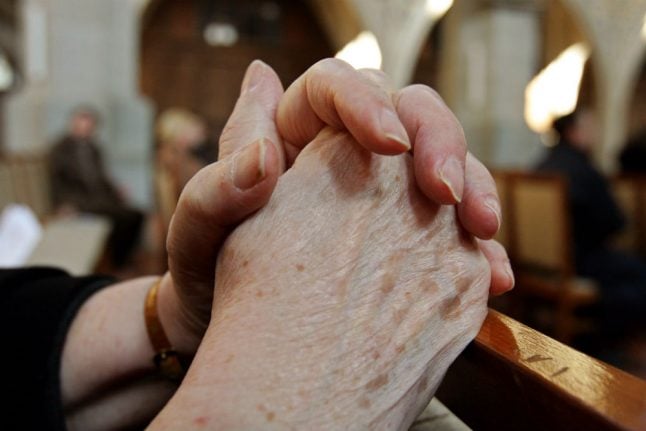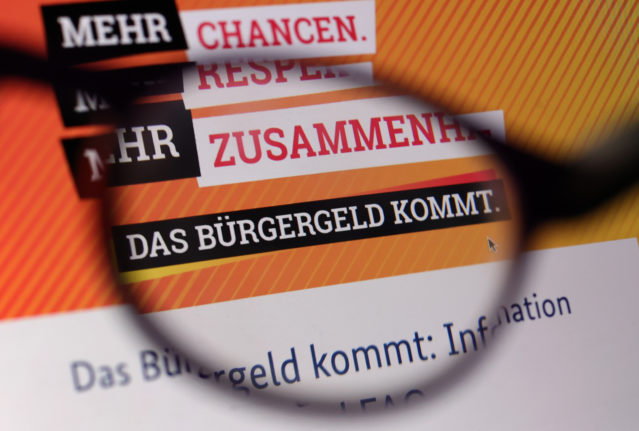The lesser known holiday of Repentance Day falls eleven days before the start of Advent; this year it lands on November 22nd. And while it is a public holiday for the entire state of Saxony, other states aren’t as lucky.
Whereas residents in Saxony – particularly Protestant Christians – might be making use of the day to reflect and pray, parents in Bavaria don’t have the day off despite the fact that their kids do.
First celebrated in 1532, Repentance Day was a public holiday all across Germany from 1934 to 1995, when it was cancelled in all states across the country except in Saxony in order to finance nursing care insurance.
 Repentance Day being celebrated at a church in Munich in 2014. Photo: DPA.
Repentance Day being celebrated at a church in Munich in 2014. Photo: DPA.
In Bavaria, though the day of penance was abolished as a public holiday, it was kept as a day off from school – leaving parents in a bit of a rut.
They do have a bit of help though. In spite of many childcare facilities remaining closed on Wednesday, some parishes in Bavaria offer bible days or organize excursions. Many municipal centres are open too.
More and more companies have also recognized the issue and have been organizing children's programmes on Repentance Day. The children of employees of the ministry of education and cultural affairs in Bavaria are invited to go climbing and the state’s justice ministry offers a judo course or a visit to a fire brigade.
It will also be rather quiet in the south of Germany on Wednesday not only because prayer and worship services will be held all over Bavaria, but because dancing from 2am until midnight and sporting events are banned. Strict fines of up to €10,000 could be imposed if these laws are broken.
Still, the laws in most of the other German states including in Bavaria cite religious obligations and state that workers are entitled to take time off on Repentance Day if they wish to do so.
Regulations are also slightly different in Berlin; Protestant students in the capital city can decide for themselves whether or not to attend school on the day of prayer.




 Please whitelist us to continue reading.
Please whitelist us to continue reading.